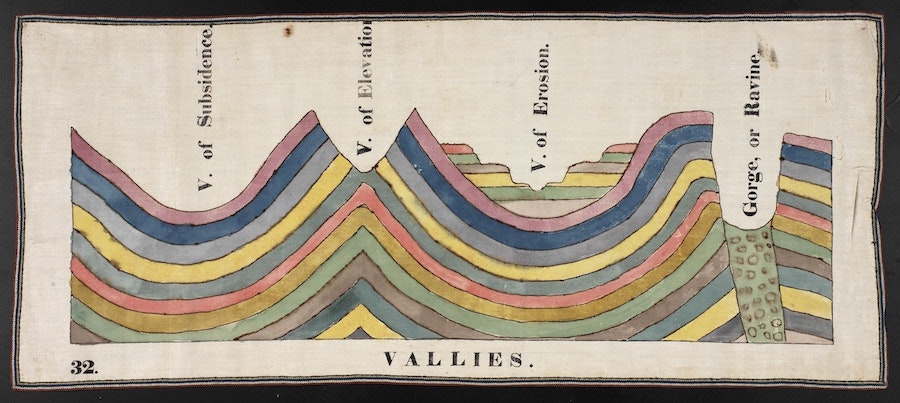TW: This post deals with eating disorders.
Melissa Broder’s short novel, Milkfed, discusses a world often left untouched by literature, especially fiction, that world being the hellscape that is living with an eating disorder. In short, the book follows Rachel, a young woman in her late twenties who doesn’t know much about herself, other than exactly what she is going to eat every day, and how she will eat it. As the story progresses Rachel comes to learn more about her sexuality and her relationship with her mother.
Milkfed refers to breast feeding. The themes of motherhood in this novel tie firmly to not only the title, but to our main character. While Rachel is not a mother herself, her relationship to her mother shaped who she is. Described in chapter two as “the high priestess of food, the religion of our household: abstain, abstain, abstain!”. Rachel’s mother is the root of her eating disorder. The novel delves deep into the bonds that girls have with their mothers and how if those relationships aren’t nurturing and healthy, they can offset the course of their child’s mental health going into their adolescent and adult life.
Broder brings the reader face to face with Rachel’s illness: anorexia. The book opens with a description of her morning “eating” rituals, which we find out get worse as the day goes on. The descriptions of food that Rachel eats and interacts with throughout her days are so vivid that they feel almost tangible. The food described ranges from low-fat protein muffins to burritos the size of a large baby, to nicotine gum switched out by the hour. How Rachel interacts with the food has the reader feeling her illness in their stomachs. Meals are ritualistic to our main character, and food is sacred. If she can hold off long enough, starvation is to be rewarded with feelings of skinniness and pride. Rachel’s eating habits do change over the course of the novel, for better or worse is left to the reader to decide.
Rachel sees a therapist for her eating disorder (and the trauma caused by her mother) but continuously justifies her illness and says it is not a problem. She eats, doesn’t she? So surely, she is not the issue. Sure, maybe 90 percent of those meals consist of nicotine gum and diet soda, but she’s eating! Seeing how takes care of herself in the most bare minimum of ways is striking. Her assurance of the fact that she is indeed “sustained” regardless of anyone else seeing it that way is the embodiment of eating disorder mentality. The fact that she knows what she is doing isn’t healthy, but she sees no other way of living fit for her life; this is the reality of living with such an illness.
When she meets Miriam, an Orthodox-Jewish woman who is plus sized and loves nothing more than to eat and watch films at the theater, Rachel’s life shifts drastically. Logically, Miriam is Rachel’s worst nightmare, but Rachel can’t stay away from her. Rachel herself is Jewish, but not practicing. Ties of family and food to the religion aren’t exactly easy for her. Miriam introduces an entirely new way of living to Rachel, one she could never dream being available to her.
The novel gives the floor to an audience that is often romanticized in literature. The trope of the skinny girl who skips meals to stay hot for her meat-head boyfriend doesn’t exist here. Broder’s writing is raw and intentional; she is up and coming in the world of literature written about women that is not all sunshine and flowers. She is also the author of the novel The Pisces, her collection of personal essays titled So Sad Today, and her newest novel, Death Valley, a humorous work tackling grief and survival.





